Letter template asking for a raise
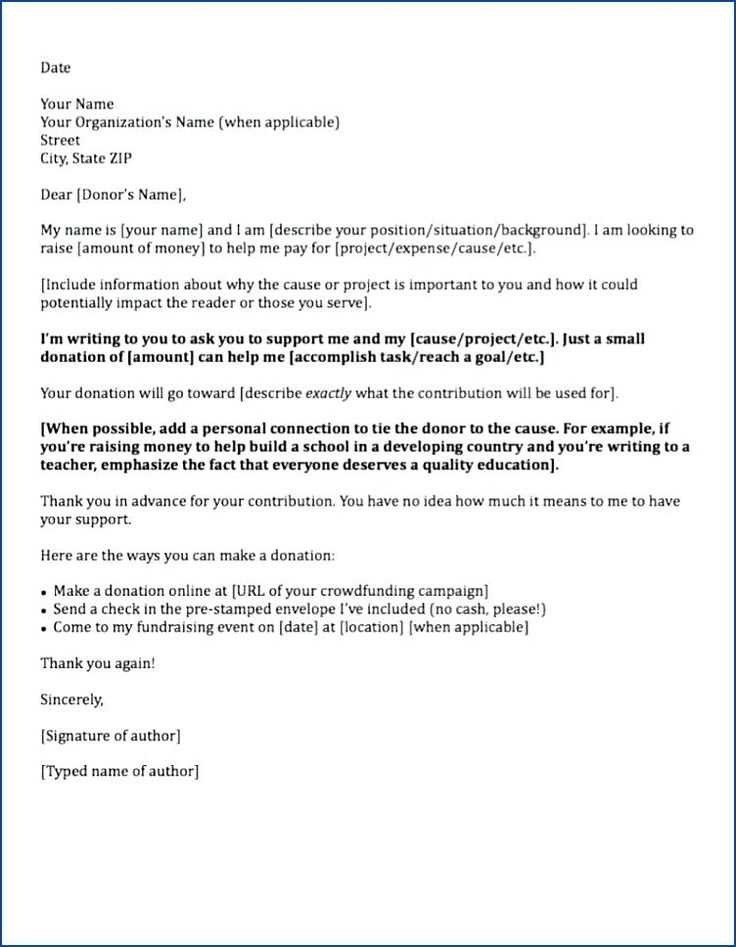
Begin your letter with a polite greeting and a clear, concise subject line that immediately indicates the purpose of your message. Express your appreciation for the opportunities you’ve had at the company and mention how much you enjoy your role. Acknowledge the support you’ve received from your manager or team to set a positive tone.
Example:
Dear [Manager’s Name],
I hope this message finds you well. I’d like to take this opportunity to express my gratitude for the support and guidance I’ve received during my time at [Company Name]. It has been a rewarding experience, and I value being part of such a dynamic team.
Next, be specific about why you believe a raise is appropriate. Highlight key achievements, such as successful projects or metrics you’ve exceeded, showing how your contributions have had a direct impact on the company’s success. Include quantifiable results if possible, like revenue growth, cost savings, or client satisfaction improvements.
Example:
Since joining [Company Name], I have taken on increasing responsibilities and contributed significantly to [specific project or outcome]. My efforts in [describe project, task, or achievement] have resulted in [quantifiable results or impact], and I am proud of what I’ve accomplished so far.
Conclude by stating your request for a raise in a direct, confident manner. Keep the tone respectful and open to discussion. Express your desire for a conversation to further discuss your request and any next steps.
Example:
Based on my performance and the contributions I’ve made to the team, I would like to request a salary increase. I am happy to discuss this further at your convenience and look forward to hearing your thoughts on how we can move forward.
Close your letter with a polite sign-off, thanking your manager for their time and consideration. Reinforce your enthusiasm for continuing to contribute to the team.
Example:
Thank you for your time and consideration. I am excited about the opportunity to continue contributing to the success of [Company Name] and look forward to discussing this further with you.
Letter Template Asking for a Raise
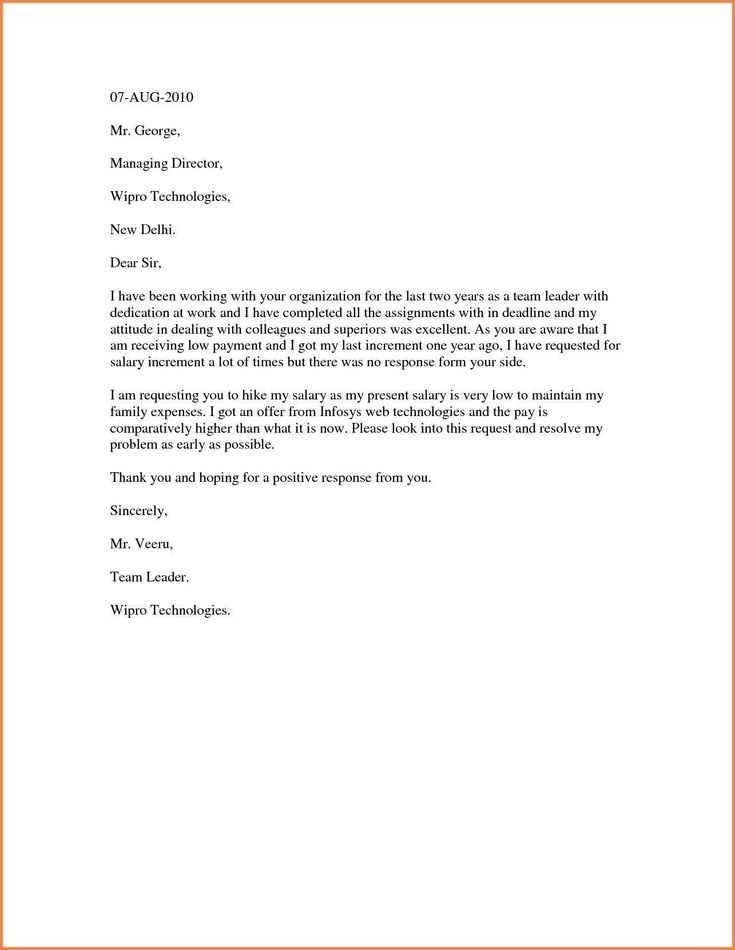
To request a raise, it’s important to approach the conversation with a clear, direct, and respectful tone. A well-structured letter can help present your case effectively. Below is a template to guide you in drafting your own request for a salary increase.
Template
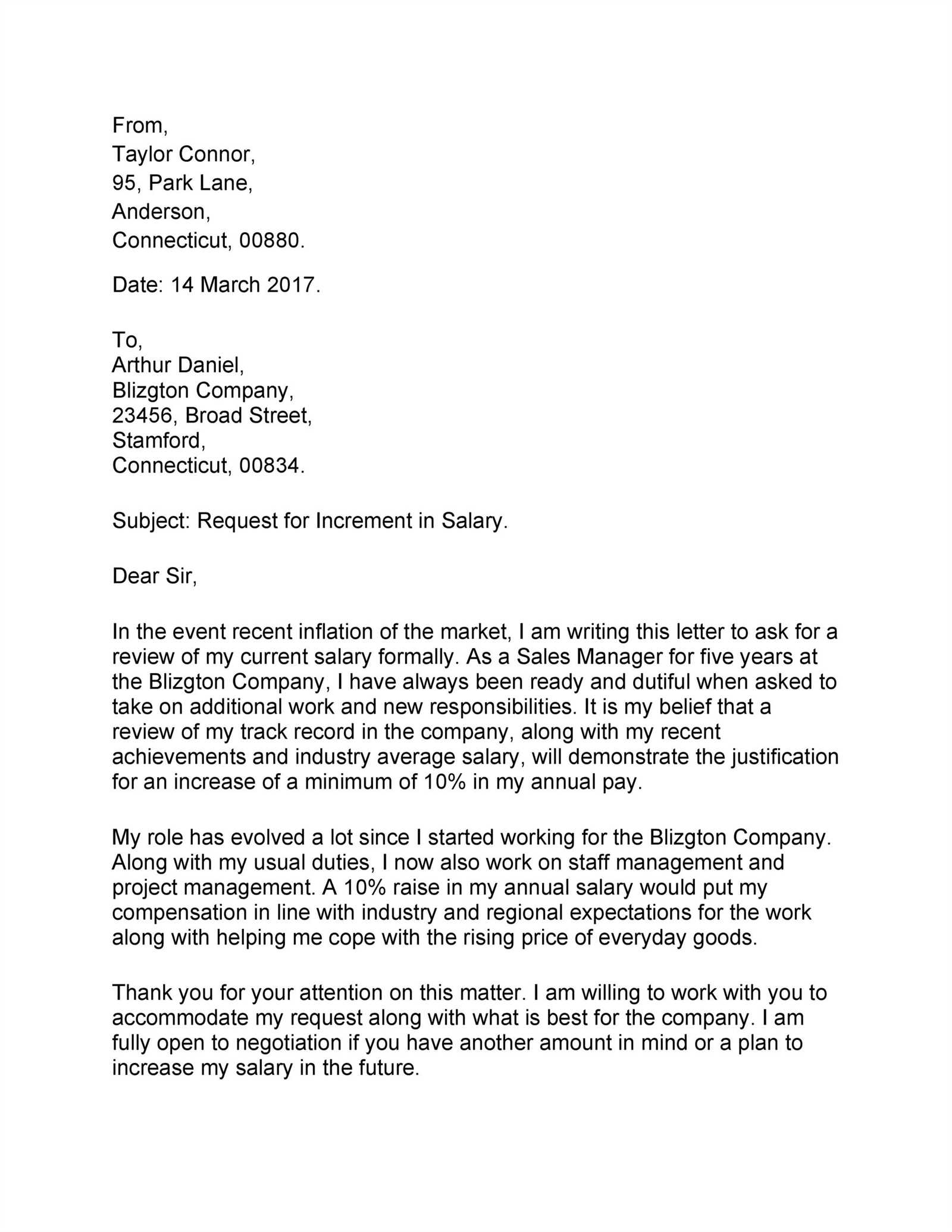
Dear [Manager’s Name],
I hope you’re doing well. I wanted to take a moment to discuss my compensation based on my contributions over the past [time period]. In this time, I have consistently met or exceeded performance goals, including [mention specific achievements or projects]. I have also taken on additional responsibilities such as [list any extra duties] and feel that these efforts have significantly benefited the team and company.
Considering my accomplishments and the value I continue to bring to the organization, I would like to request a review of my current salary. I have researched industry standards and found that the average compensation for someone in my role with similar experience is [mention figure, if applicable]. This aligns with my performance and ongoing contributions.
I am confident that a raise would reflect my current responsibilities and the impact I am making. I would appreciate the opportunity to discuss this matter further at your earliest convenience.
Thank you for considering my request, and I look forward to your response.
Sincerely,
[Your Name]
Additional Tips
When writing your letter, ensure your tone remains professional and focused on your value to the company. Be clear about why you deserve a raise, and back up your request with specific examples. Make sure to tailor the letter to your unique situation for the best results.
How to Start Your Raise Request Letter Professionally
Open your letter with a clear and direct statement of your intent. Begin by expressing gratitude for the opportunity to work at the company and briefly outline the purpose of your letter: requesting a raise. This sets a positive tone and ensures your request is understood right away.
1. Address the Right Person
- Make sure to address your letter to the person responsible for compensation decisions, typically your direct manager or HR representative.
- Use a formal greeting such as “Dear [Name],” to maintain professionalism.
2. State Your Intent Clearly
- Be specific about the reason for writing the letter: “I am writing to request a review of my current compensation.”
- Keep your tone confident but polite. Avoid unnecessary explanations or justifications at this point.
By opening with clarity and professionalism, you set the stage for the rest of your request to be taken seriously and respectfully.
Highlight Your Achievements and Contributions to the Company

Focus on specific results you’ve delivered and how they’ve benefited the company. Start with measurable accomplishments, such as increasing sales, reducing costs, or improving efficiency. Quantify these achievements with numbers, percentages, or other metrics wherever possible. For example, “Increased client retention by 20% over the last year” or “Cut project delivery time by 15% through improved team collaboration.” These figures provide concrete evidence of your impact.
Quantify Your Impact
Instead of speaking generally about your responsibilities, highlight how you excelled in them. Show how your actions led to tangible outcomes. If you implemented a new process, mention how it streamlined operations and saved time or money. If you took on extra duties, explain how you managed them successfully and the value you added. The clearer and more specific you are, the stronger your case will be.
Link Your Work to Company Goals
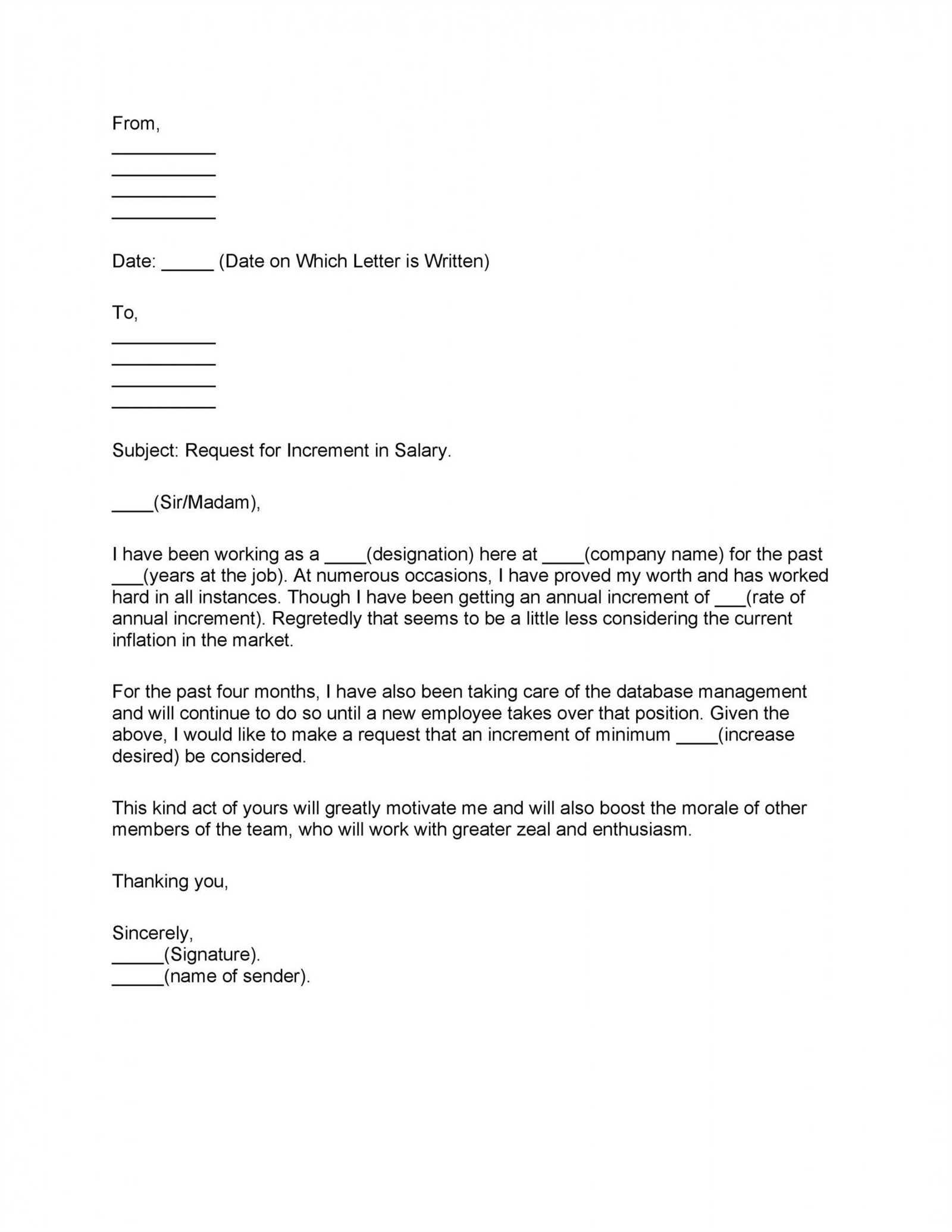
Draw a direct connection between your achievements and the company’s objectives. Demonstrate how your work supports the company’s growth, enhances its competitive edge, or helps it achieve key performance indicators. When your contributions align with the company’s priorities, it becomes easier to justify a raise. Be sure to tie your successes to strategic goals, such as improving customer satisfaction or expanding market share.
Provide Evidence of Market Value for Your Role
Show your employer how your compensation aligns with industry standards. Research salary data for similar roles in your area, considering factors like experience, education, and the company’s size. Use platforms such as Glassdoor, PayScale, or LinkedIn to compare your salary to others in the same field and region. Include this data in your request to demonstrate that your compensation is below average or not aligned with current trends.
If you have specific certifications or skills that are in demand, highlight them. These qualifications may significantly increase your market value, especially if they make you more valuable to the company. Provide examples of job postings that require the same qualifications and show the salary ranges they offer.
Consider the value you’ve brought to the company. Have you increased revenue, improved processes, or reduced costs? Show concrete results from your work. Quantifying your achievements can add weight to your case and demonstrate how your role compares to industry expectations in terms of contributions.
Additionally, if you know of others in your company or field receiving higher compensation for similar roles, this can strengthen your argument. Use this information respectfully, without making comparisons that might seem accusatory or confrontational.
State Your Desired Raise and Be Specific
Clearly state the raise you expect, and back it up with solid reasoning. Avoid vague terms and be precise about the percentage increase or the specific dollar amount you’re seeking.
Provide a clear comparison between your current compensation and the market rate for similar roles in your industry. This helps your manager understand why you’re asking for this specific raise.
Use this table to compare your salary with industry standards:
| Current Salary | Market Rate for Your Role | Desired Raise |
|---|---|---|
| $55,000 | $60,000 | 10% or $5,000 increase |
This makes it easy for your manager to see that your raise is in line with industry expectations. Be transparent about your reasoning, whether it’s based on increased responsibilities, performance metrics, or market trends.
Specify if you are asking for a one-time increase or an adjustment to your ongoing salary structure. This removes ambiguity and sets clear expectations on both sides.
Address Potential Concerns or Objections
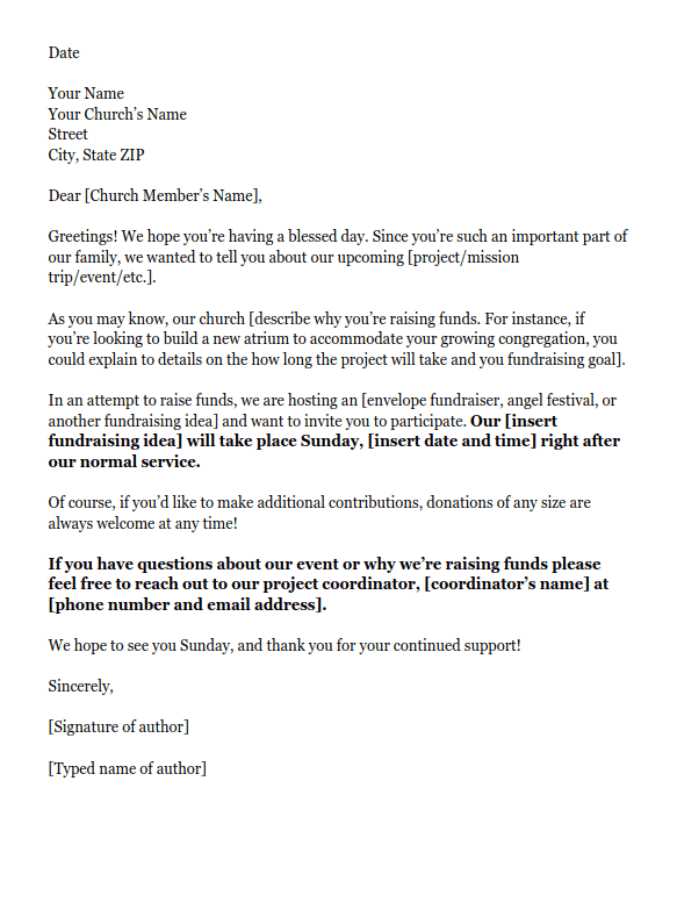
Anticipate and address possible concerns directly. If your employer might question the timing, explain why now is the right moment based on your contributions or the business’s performance. For example, you could highlight specific milestones you’ve achieved or recent successes that directly impacted the company’s goals.
If salary budget constraints are mentioned, suggest alternative forms of recognition, such as performance-based bonuses, additional vacation days, or professional development opportunities. Showing flexibility demonstrates your commitment to finding a solution that works for both parties.
Should concerns arise about your workload or job performance, counter with clear evidence of your accomplishments, feedback from colleagues, or metrics that highlight your growth. This helps reassure your employer that your work quality supports your raise request.
Finally, if you sense hesitation due to market salary comparisons, research industry standards and present factual data to show how your compensation aligns with, or falls below, what others in similar roles are receiving. Approach this with the aim of demonstrating that your ask is fair and in line with your industry’s trends.
How to End the Letter on a Positive and Open Note
Close your letter with an expression of gratitude and openness for further discussion. Acknowledge the value of your manager’s time and consideration.
- Thank them for reviewing your request and considering your points.
- Reaffirm your enthusiasm for continuing to contribute to the team’s success.
- Express your willingness to discuss the matter further at a convenient time.
Conclude with a polite call to action, such as: “I look forward to hearing your thoughts” or “Please let me know if you would like to discuss this in more detail.”
Finish with a courteous sign-off that maintains professionalism but leaves room for an open dialogue, such as: “Sincerely” or “Best regards.” This leaves the door open for a continued conversation without putting pressure on an immediate response.